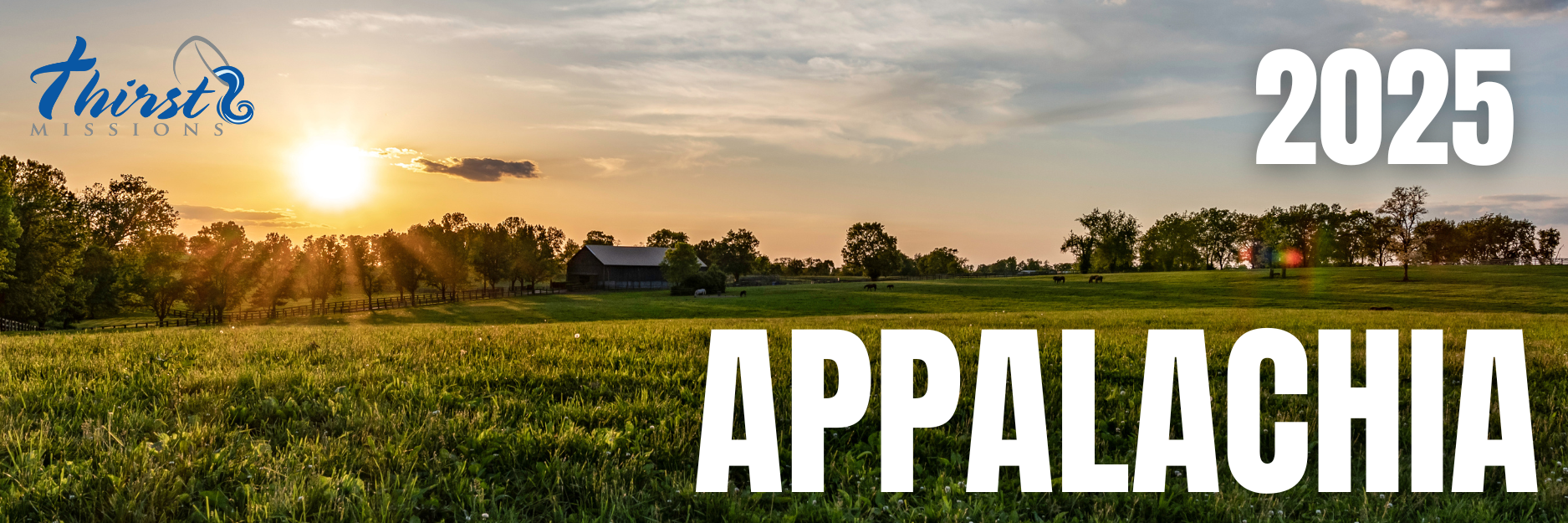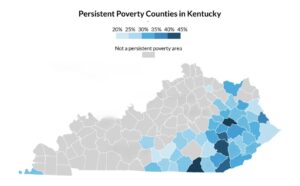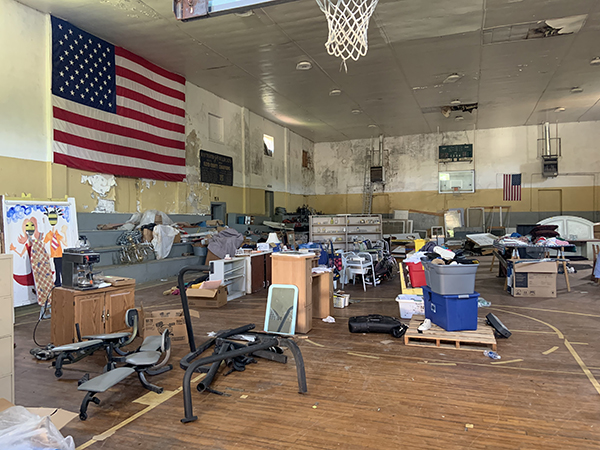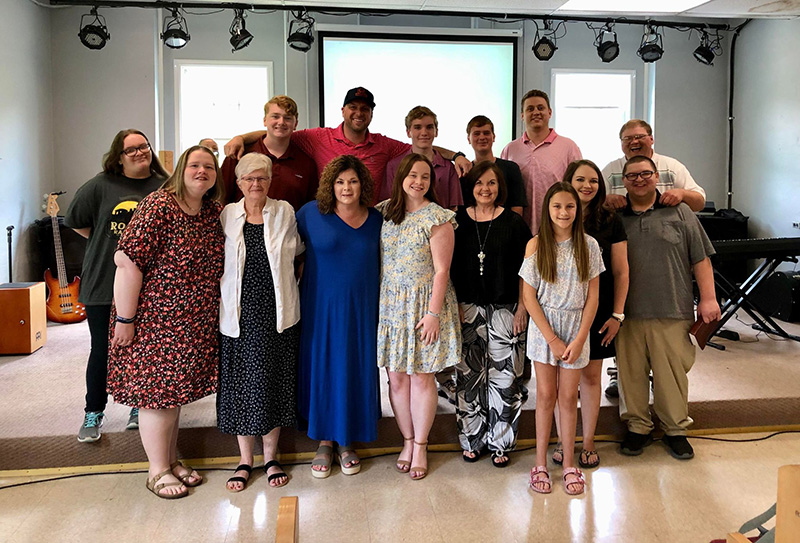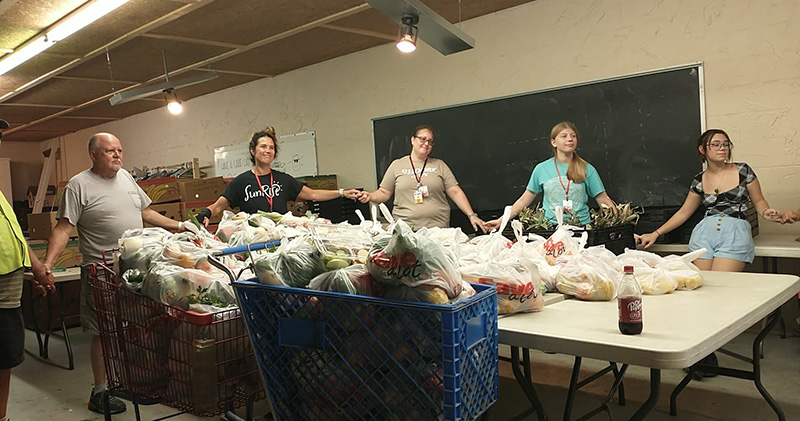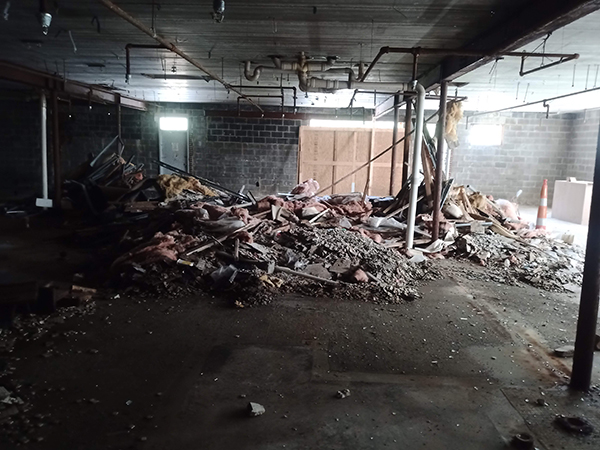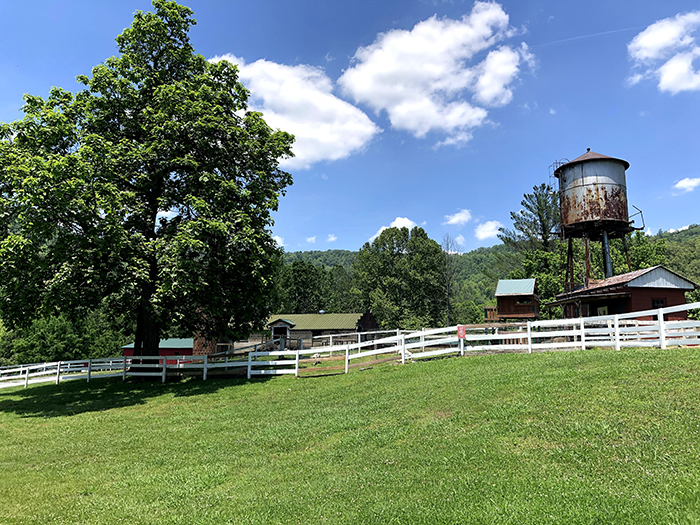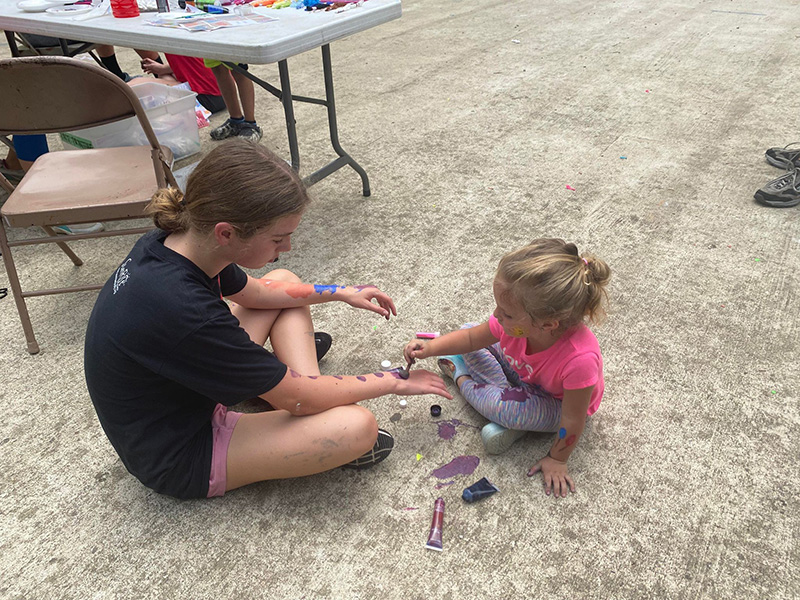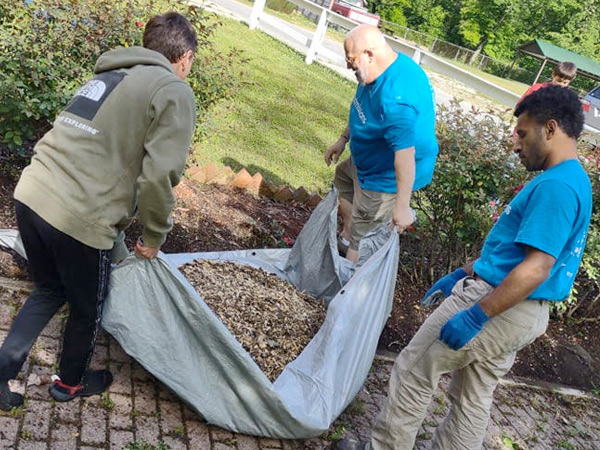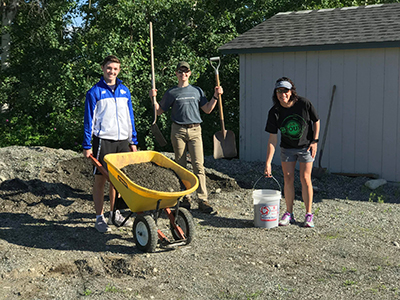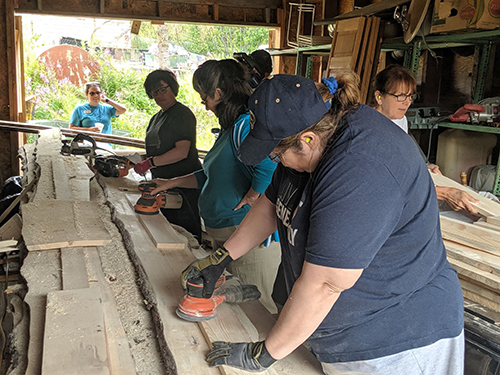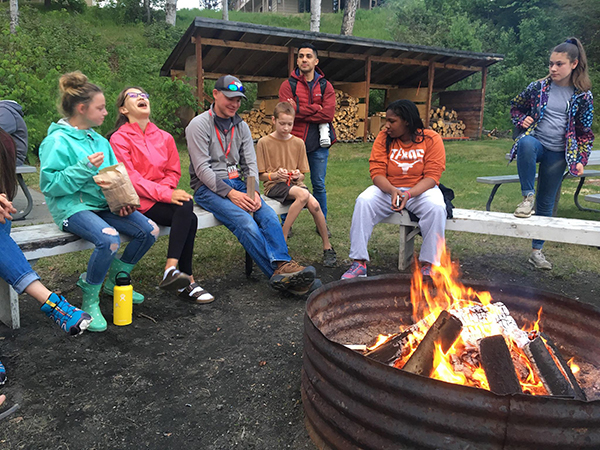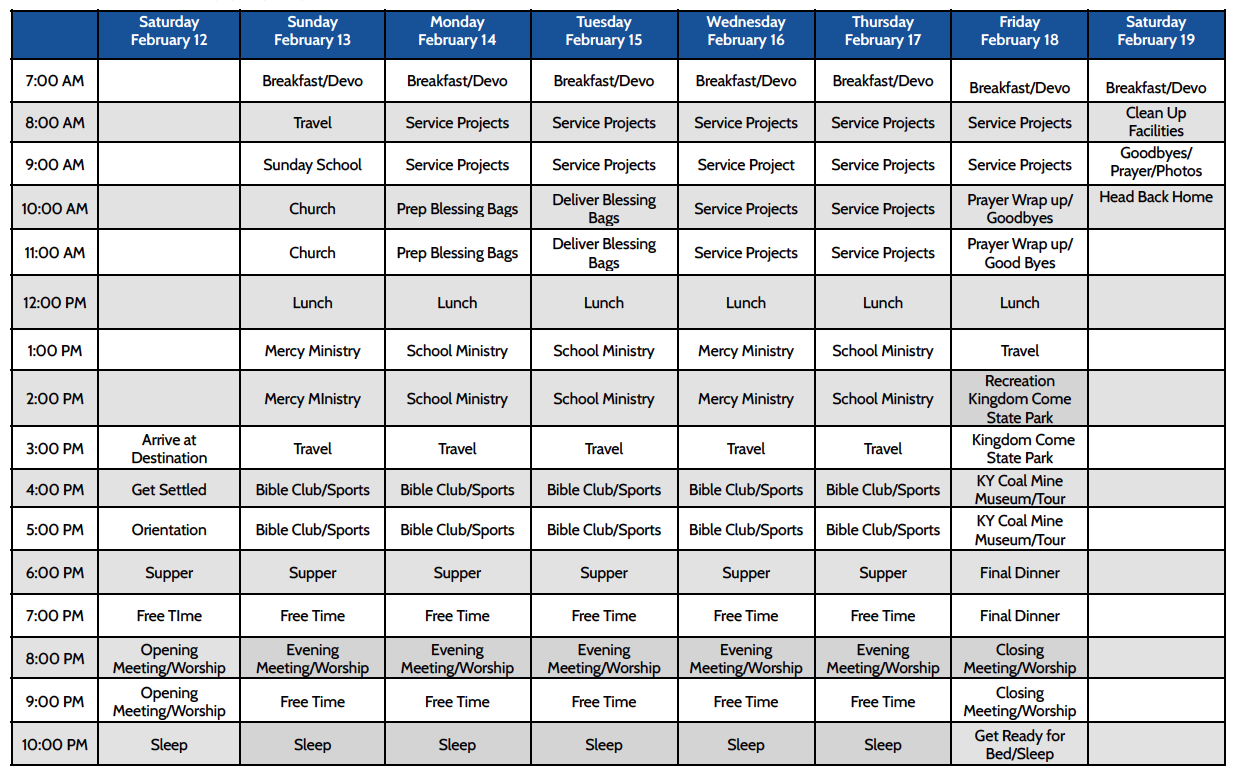1. What are the minimum and maximum group sizes?
Our private trips can accommodate groups as small as 4 people and as large as 50+. Reduced pricing applies for groups larger than 10 people.
2. Are trips private?
Yes, your group will experience a private trip with your own trip leader(s) and ministry/service projects as well as your own group worship and debrief times.
3. What’s included in the trip price?
Ministry materials, lodging, food, and recreation. You will also have a trip consultant to set up the logistics prior to the trip, trip manuals to help your team to prepare, and excellent Thirst Missions leaders while your trip is underway. You will be responsible for your own transportation and bedding.
4. Do we need to bring our own tools?
We will have some basic hand tools and power tools in place. Since most teams are driving to this location, we expect teams to be able to bring some tools. These details will be worked out specifically with the trip consultant.
5. What will we do?
Encourage and help people and communities affected by isolation and poverty through service projects and ministry opportunities. The service projects could include light construction such as home repair, landscaping, painting, and more. There are also many heavy construction needs that will involve skilled work and equipment such as debris removal, plumbing, electrical, masonry, and carpentry work.
6. Where will we stay?
Either in a Guest House, Camp/Dorm stay, or Floor Stay facility. Group members opting for the floor stay may need to bring their own air mattress/cot, sheets, and pillow. Showers and restrooms will be available on site. Those that opt for Guesthouse lodging will be guaranteed air conditioning!
7. What about transportation?
On-location transportation is not included in the price of the mission trip. You will need to arrange your own team’s vans, SUVs, or other transport.
8. What if we want to donate more money or work on bigger projects?
Additional financial donations can be given and projects will be arranged to use those funds.
9. Where will we be serving?
You will primarily be serving and ministering to the people in the Southeastern Kentucky Appalachian counties that are most affected by rural poverty according to the Appalachian Regional Commission. (Harlan, Floyd, Letcher, Perry, Knott, & Pulaski Counties)
10. Will we have recreation time?
Each group will have the opportunity to experience the beauty of the Appalachian Mountains during a recreation activity. Recreation is complimentary, however, there are upgrades available if you prefer. What specific recreation will be included depends on the location where you’ll be staying and serving during your mission trip. Your trip consultant will have more specific information for you during your trip planning process.
11. Is the $499 registration fee deducted from my final payment?
No, it’s used right away to offset a small portion of planning and preparing for your group’s trip. Please read through our generous payment policy and cancellation agreement.
12. How do I select the ministries we desire?
Each group leader will have a missions consultant from Thirst Missions assigned who will go through ministry opportunities in detail. All group leaders have scheduled conference calls to discuss the trip and are welcome to contact their trip consultants about any other questions that arise.
13. Who will the staff be for Thirst Missions?
Each trip will have a Thirst Missions trip leader, as well as project coordinators to help on site.
14. Are any ministry materials provided?
Ministry materials are up to the teams to provide. Examples would be curriculum for VBS, sports equipment for sports outreach, and so on. Alaskan churches will have some resources that the group can use on a case-by-case basis. Most ministries require little in the way of materials. You can ask your missions consultant about suggestions for materials and ministry plans.
15. Are construction supplies included in the cost of the trip?
Funds will be set aside by Thirst Missions toward construction costs. Your missions consultant will give you some project and cost options—if you want to stay within the funds set aside you can, or if you’d like to do a larger project you can donate extra. All the money for supplies will be used to purchase materials which will be onsite when the group arrives.
16. Are there any additional costs?
Besides your trip cost, the only things you’ll need money for are souvenirs, church offerings, extra snacks, and money for meals at the airport.
17. How do we pay for recreation?
Payment and reservations for upgraded recreation are made by your team before your time in Alaska. Please work with your Thirst Missions Consultant or Trip leader to confirm your specific reservation.
18. Can you tell us about the food provided?
The food provided will, for the most part, be food Americans and Canadians are quite familiar with. We’ll have healthy breakfasts provided in the guest house, lunch most days will be a bagged lunch on the go, and dinners will be hearty meals served at the guest house, at the church, or at a local restaurant.
19. Can I stay in contact with people once I return home?
Yes! You can use Facebook and Instagram or email, call, or text just like you do with your friends back home. Staying in touch with new friends in Alaska is such a blessing and benefit to going and serving.
20. What are some outreach ministry ideas?
Movie nights, worship celebrations, community meals, or sports tournaments are good outreaches. If you have good outreach ideas we are certainly happy to help you make them a reality! Check out our blog for more outreach ideas.

